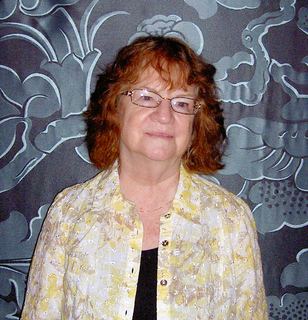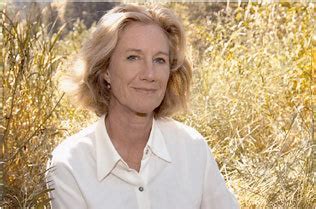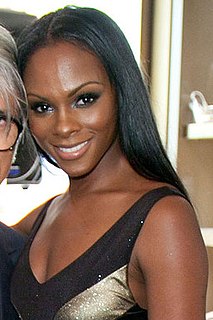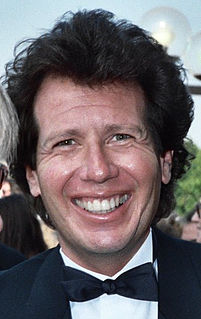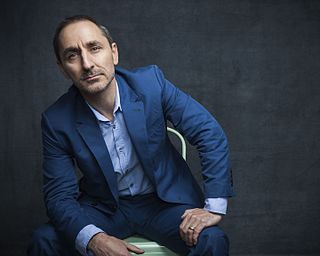A Quote by Liv Ullmann
We are equal human beings, and we were born with evil and anger and misunderstanding of what a man is, and so we are as needy and wanting to be part of him, as he, obviously, was needing and wanting to be part of us. And that's why I've really taken the freedom, because it's an adaptation, to give her a voice.
Related Quotes
Unconditional love. That’s what he wants to give her and what he wants from her. People should give without wanting anything in return. All other giving is selfish. But he is being selfish a little, isn’t he, by wanting her to love him in return? He hopes that she loves him in return. Is it possible for a person to love without wanting love back? Is anything so pure? Or is love, by its nature, a reciprocity, like oceans and clouds, an evaporating of seawater and a replenishing of rain?
Maybe the first time you saw her you were ten. She was standing in the sun scratching her legs. Or tracing letters in the dirt with a stick. Her hair was being pulled. Or she was pulling someone's hair. And a part of you was drawn to her, and a part of you resisted--wanting to ride off on your bicycle, kick a stone, remain uncomplicated. In the same breath you felt the strength of a man, and a self-pity that made you feel small and hurt. Part of you thought: Please don't look at me. If you don't, I can still turn away. And part of you thought: Look at me.
I felt that thread that had come between us, tugging, tugging at my heart - so hard, it hurt me. A hundred times I almost rose, almost went in to her; a hundred times I thought, Go to her! Why are you waiting? Go back to her side! But every time, I thought of what would happen if I did. I knew that I couldn't lie beside her, without wanting to touch her. I couldn't have felt her breath upon my mouth, without wanting to kiss her. And I couldn't have kissed her, without wanting to save her.
It's always uneven, love; it's unbalanced and it's obviously even worse when it comes to someone wanting to part from someone who isn't willing to. It's often feeling hurt that you've never felt before and you want somebody else to feel that pain and also not wanting to let go, because when you let go you've got to start living your life again and it consumes people.
It was palpable, all that wanting: Mother wanting something more, Dad wanting something more, everyone wanting something more. This wasn't going to do for us fifties girls; we were going to have to change the equation even if it meant . . . abstaining from motherhood, because clearly that was where Mother got caught.
Artists use frauds to make human beings seem more wonderful than they really are. Dancers show us human beings who move much more gracefully than human beings really move. Films and books and plays show us people talking much more entertainingly than people really talk, make paltry human enterprises seem important. Singers and musicians show us human beings making sounds far more lovely than human beings really make. Architects give us temples in which something marvelous is obviously going on. Actually, practically nothing is going on.
Imitation both unconscious and conscious is par excellence the educational method of the family. It is plain that a considerable part of the adaptation of living beings to their environment, i.e., of beings that are born plastic, is passed on from generation to generation through imitation. Were this not so, much if not all of the road traversed by one generation would have to be travelled by the next generation from the very beginning and without short-cuts. Consequently there would be little chance for the novel adaptation, the propitious individual variation, that constitutes progress.
That's what we were exploring on 'Larry Sanders' - the human qualities that have brought us to where we are now in the world: the addiction to needing more and wanting more and talking more. We were examining the labels put on success - is it successful to be on TV every day, to be famous, to have a paycheck?
No matter what part of the world we come from, we are all basically the same human beings. We all seek happiness and try to avoid suffering. We have the same basic human needs and concerns. All of us human beings want freedom and the right to determine our own destiny as individuals and as peoples. That is human nature.


